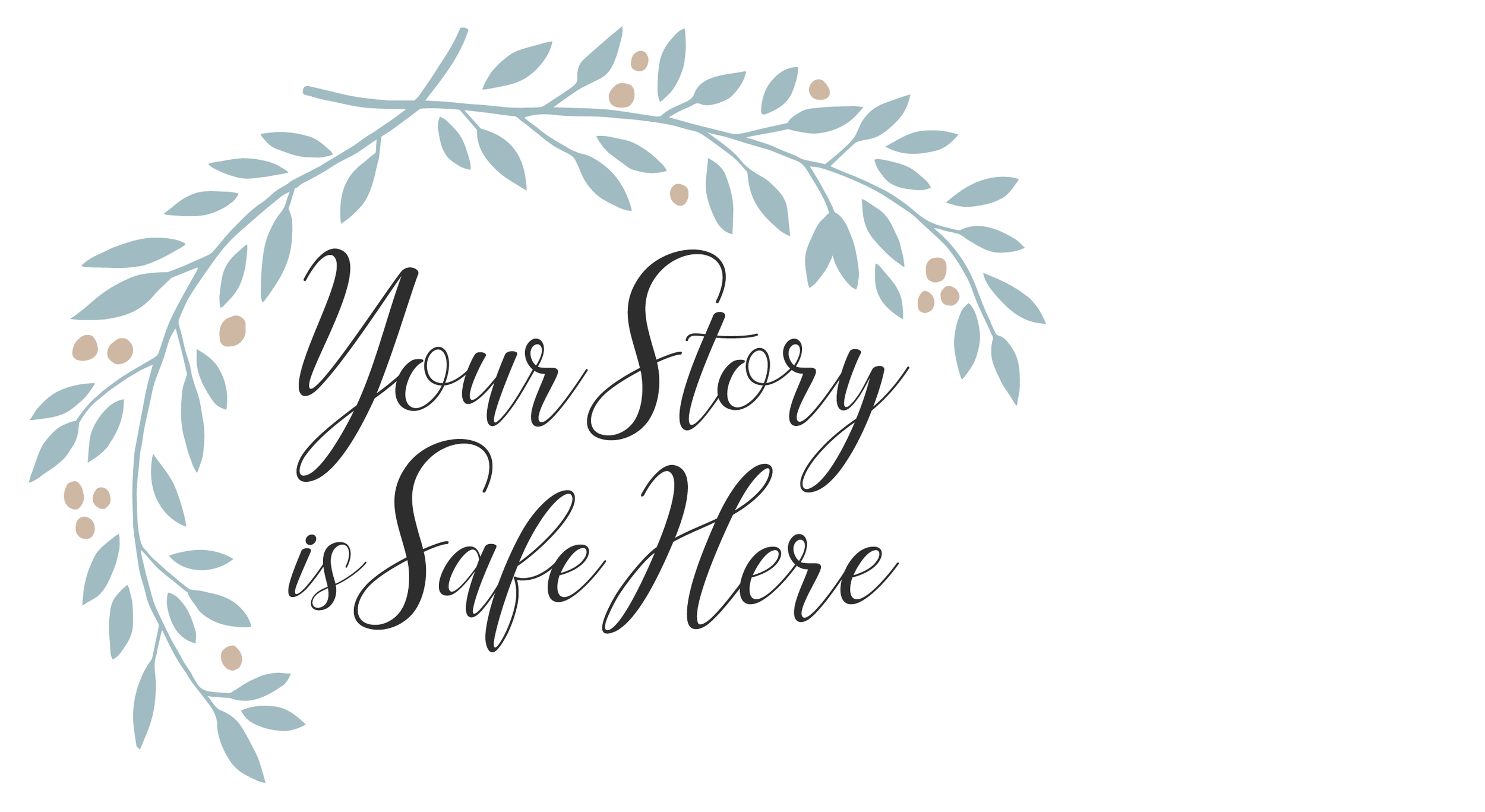Victim: Running from that label instead of running from the abuser
Victim. UGH!
No one wants to be one. Strong, responsible, competent women may believe they never will be one. Independent thinkers can’t imagine themselves in that crowd. Religious women may imagine they are protected from it, or worse, believe their own spiritual failings are the cause. Women’s advocates tell us never follow a victim narrative. People still wonder if victims “didn’t try hard enough or somehow “asked for it.” When it comes to identifying as a victim, no one wants the label.
In the treatment industry, faith communities, the workplace, families and friendships, victims have been “semantically slimed” with negative association and/or judgement. The tactics used against real victims are blameshifting, shaming, gaslighting, punishing, denying, shunning, isolating. That is how others rationalize ignoring our legitimate need for safety, support and our desire for the abuser to be accountable for their destructive actions. Those same tactics also wear us down, demoralize and dispirit, socially isolate, professionally and/or financially break us and silence us.
Why does silencing victims matter so much?
Well, it’s not rocket science. If there are victims, there are perpetrators and offenders. If people silence victims, perpetrators and offenders can continue to do what they want to do, and other lives are not disturbed by ugly truths that challenge assumptions about reality and relationships.
Thus, listeners seem to have limited capacity for the stories victims tell. Maybe you’ve already experienced that in your own lives. People have a limited tolerance for hearing the stories of covert and/or overt abuse, or for understanding the trauma that, over time, scrapes our lives thin.
Whether we seek support from individuals or organizations, the relentless engine of patriarchy runs stronger and longer than any human capacity to hear it exposed. Out-running patriarchy isn’t easily done. We may begin to run from the label instead of the abuser. It may seem less complicated and costly.
Perpetrators and offenders hide behind the trappings of normalcy and the authenticity of us—their wives and partners. They get away with never being identified as perpetrators and offenders by the rest of us not identifying their traumatized victims. Again, we run from the label instead of the abuser.
Over my many years talking to women who are wives and partners of abusers, I’ve listened to passionate speeches about how “I’m not a victim!” So many women have been so browbeaten in their primary relationship and then by the treatment industry that they cannot risk the little pride and self-worth they have left by accurately identifying the real role they have in the story. And some truly don’t realize it, like the frog in the pot of water slowly brought to boil, we are cooked before we understand how it happened and what it means.
I understand where that comes from and have compassion for those who have those feelings. We just want to stand up for ourselves and it begins with our own disbelief that we are victims. But by denying the truth of who we have become, we are disempowering the truth that would hold these men accountable. The giant engine of patriarchy just controls too much of the future. So we protect the abuser and bury our label.
But here’s the thing: You only have to identify yourself as a victim once. From thereon, you are a survivor who is reclaiming your life and becoming its hero. The victim “stain” is a complete myth. The stain belongs to the perpetrator and offender. It leaves you as soon as you hand it off to the rightful carrier—because yes, they should be ashamed of the harm they did to you. Could it be time to stop carrying their shame?
Is there abuse without a victim? In our experiences, the answer is “No.” That’s why silencing victims and fostering their self-silencing is so important to abusers and those who serve their interests. Could that be various practitioners and “recovery” centers heavily invested in making a living from programs that have no positive statistical outcomes to show in any credible longitudinal study? Remember, by using that word “victim” in the context of an abuser relationship, you contain its power to define you entirely. You set a beginning and end to it. It’s over. You are now the survivor who is becoming the heroine of your own life.
It’s time to stop running from that label. It’s time to start running from abusers.
Your story is safe here.
With you,
Diane.
